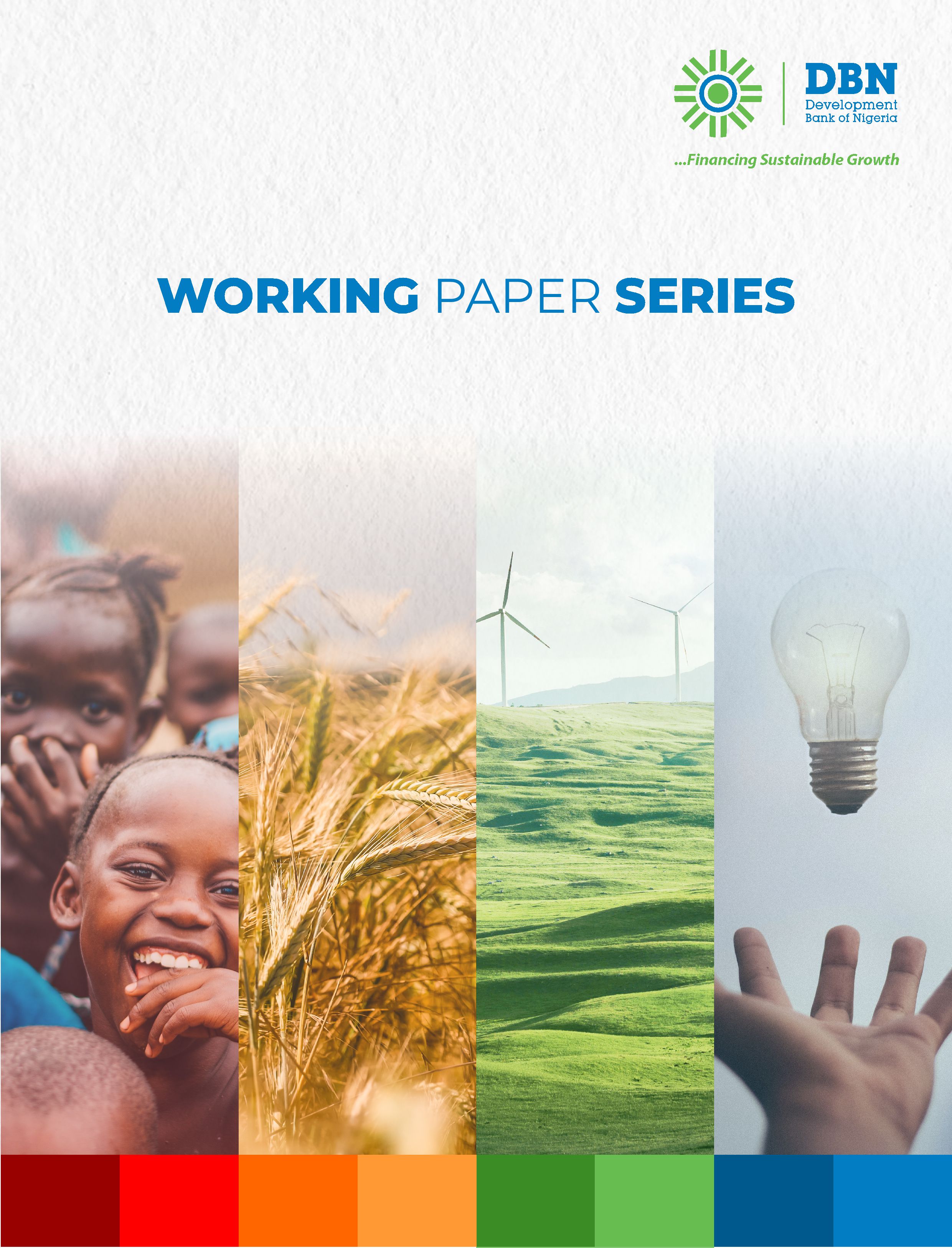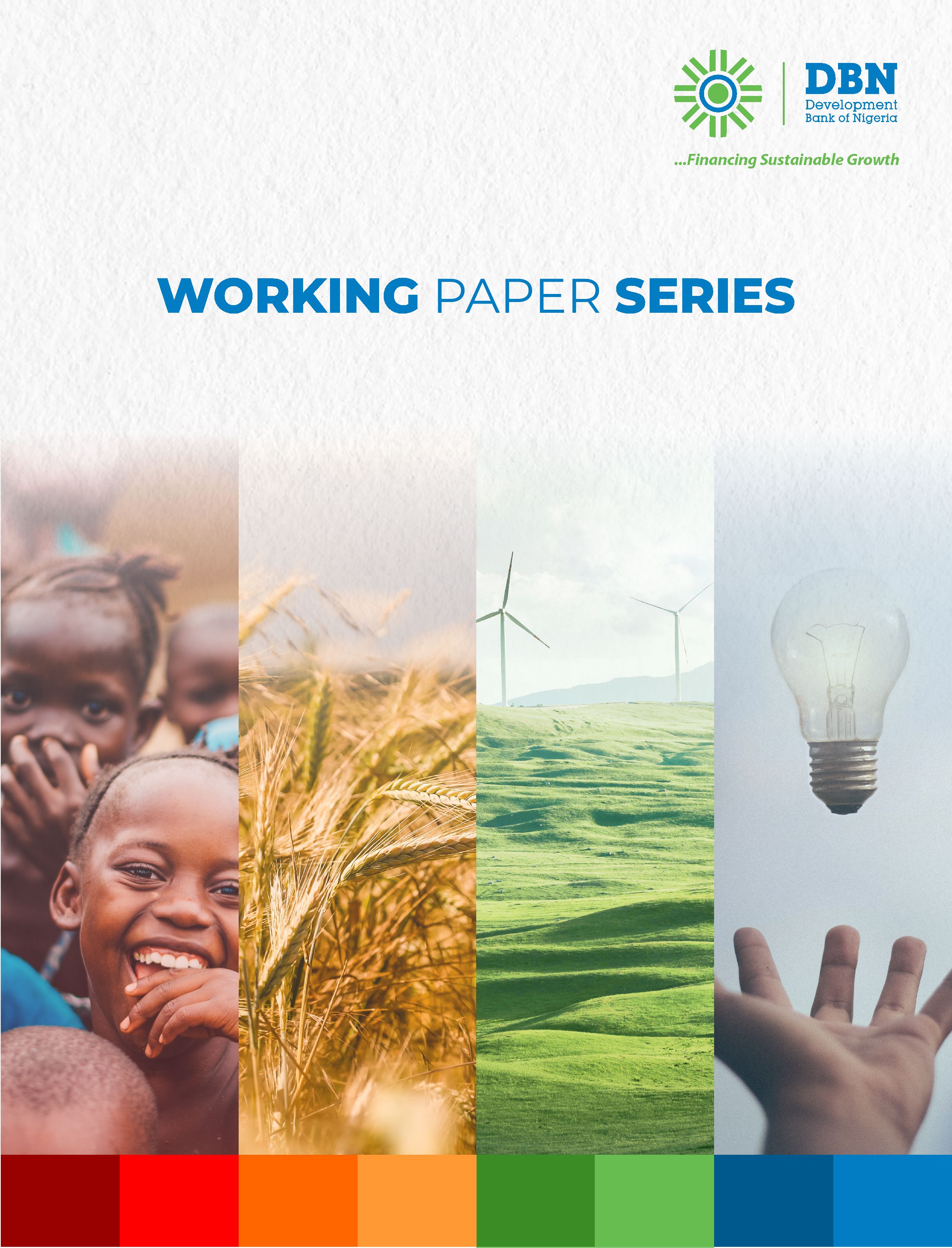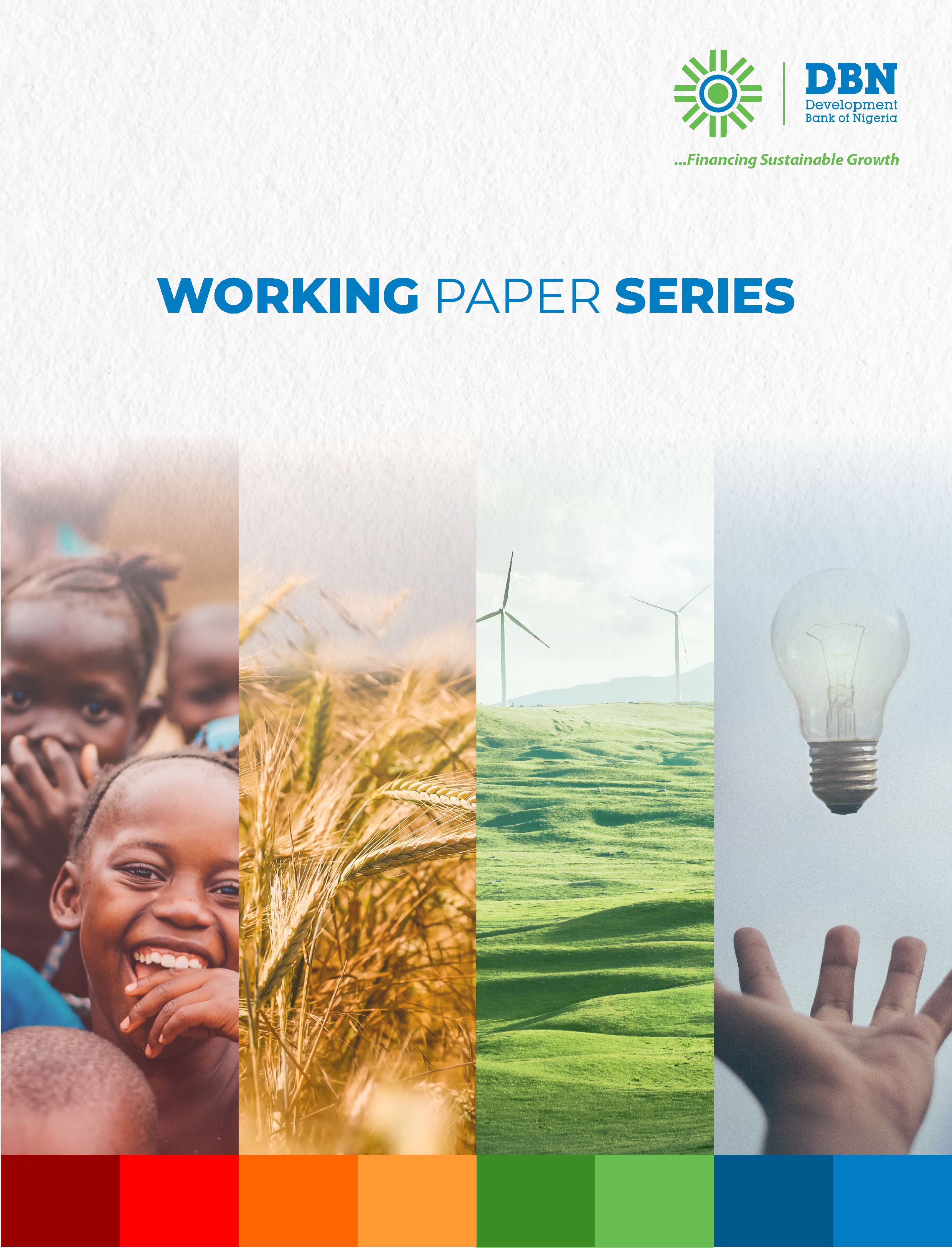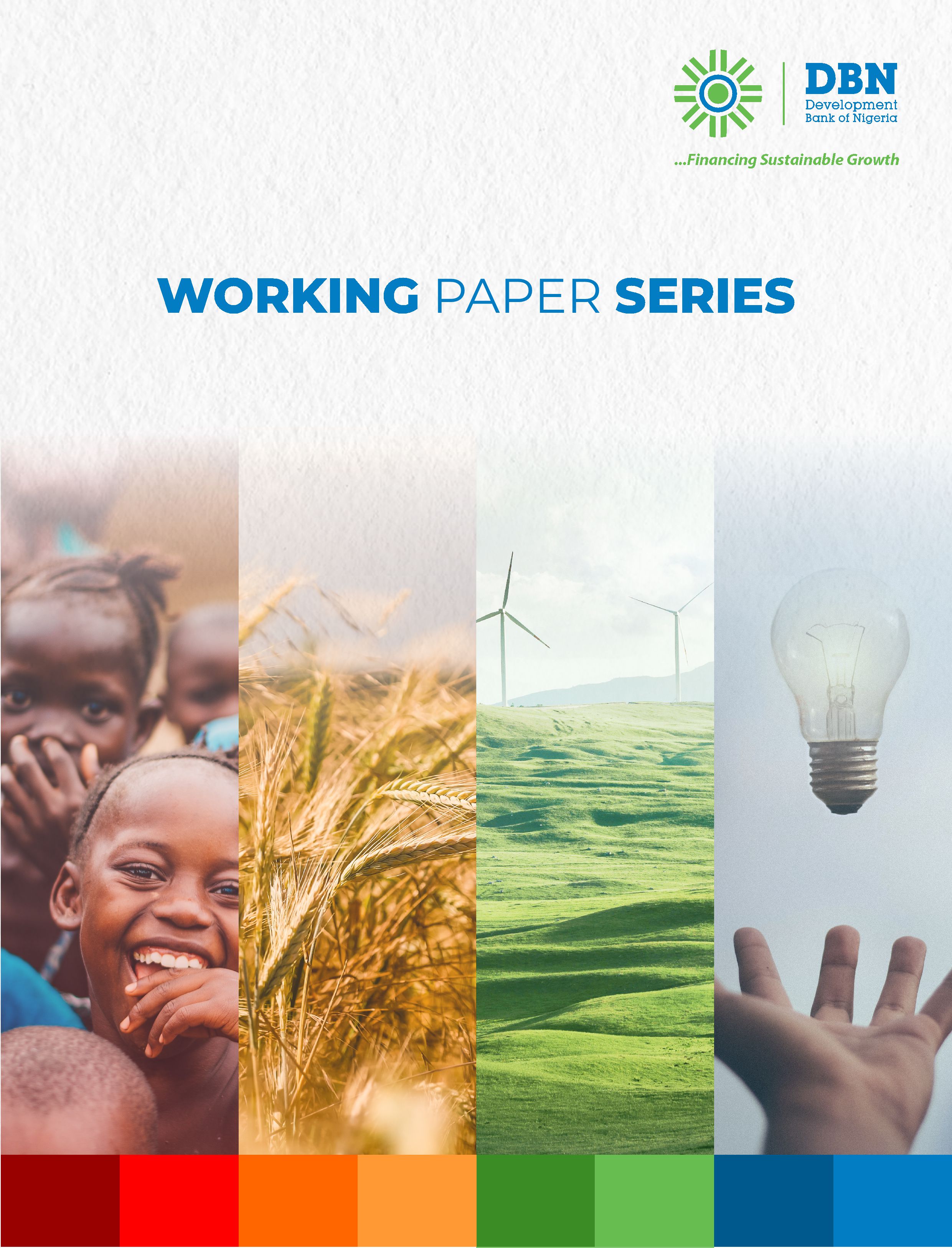
Publication Information
Published by: Admin
Published: 2 years ago
View: 253
Pages: 52
ISBN:
Abstract
This study contributes to the scholarly literature on the drive towards sustainable development in light of the UN’s Agenda 2030 and the African Union’s Agenda 2063 by examining pathways through which energy efficiency (EE) promotes inclusive green growth (IGG) in Africa. Our contribution is novel from both the conceptual and empirical perspectives. With regard to the former, we develop a framework on how EE and governance feed into IGG, and on the latter, our contribution is based on country-level data for 23 African countries for the period 1996 – 2020. First, evidence from the generalised method of moments (GMM) estimator shows that EE is not unconditionally effective for spurring IGG. Second, we find that governance is both directly, and indirectly effective for repackaging EE to foster IGG. In particular, the evidence suggests that governance mechanisms for controlling corruption while ensuring regulatory quality and government effectiveness are keys for forming relevant synergies with EE to foster IGG. Third, regarding the socioeconomic sustainability (SES) and environmental sustainability (EVS) dichotomy of IGG, we find that the EE-governance pathway is more effective for driving the latter compared to the former. We also make some policy recommendations.
Nathanael Ojong Mr
Isaac K. Ofori Mr
Emmanuel Gbolonyo
Related Publications

VOLUME 5 ISSUE 4 2023
CHANGING ROLE OF FINANCE IN RURAL SMALL ENTERPRISE GROWTH IN GHANA

VOLUME 5 ISSUE 4 2023
DOES PUBLIC CAPITAL EXPENDITURE REDUCE ENERGY POVERTY? EVIDENCE FROM NIGERIA

